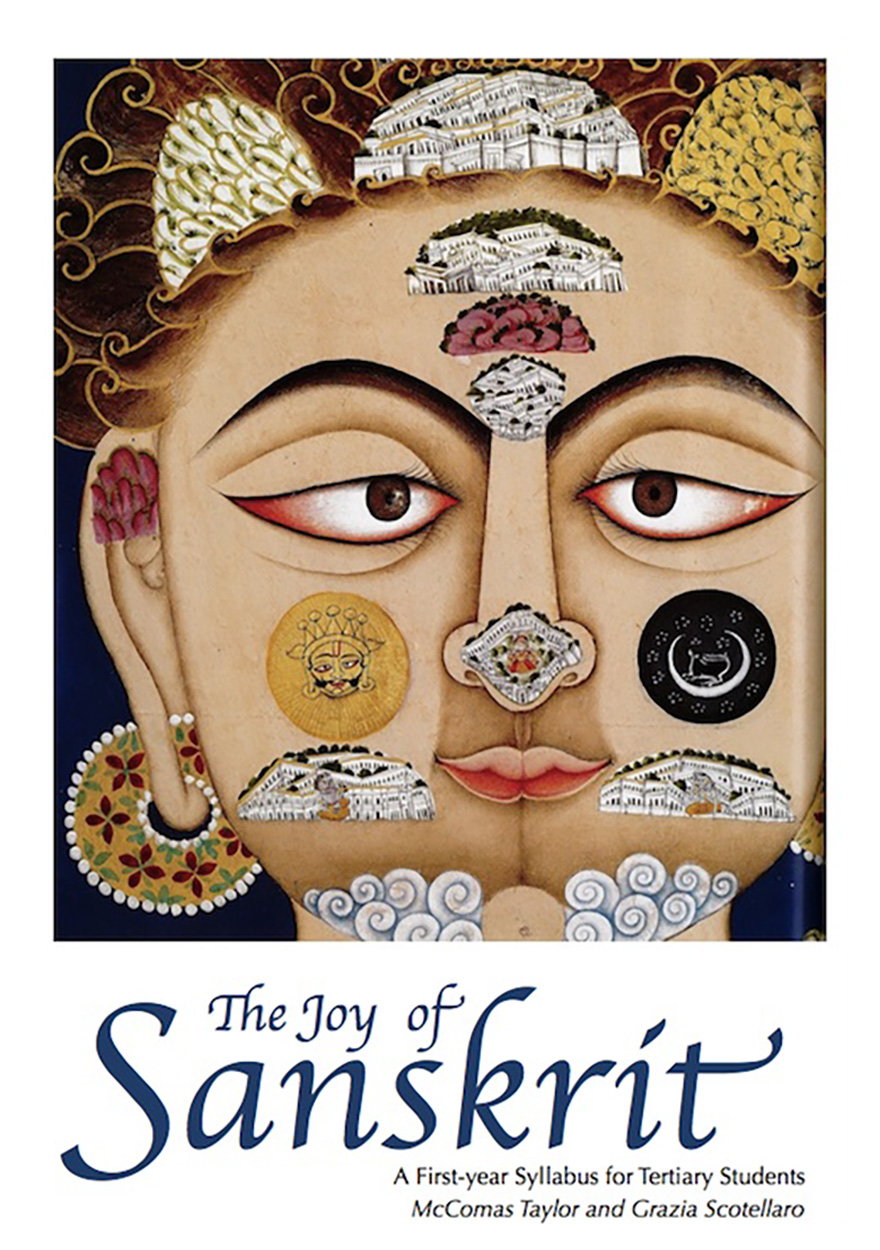Textbooks
Browse or search textbooks or find out more about the publications' authors. Download the ebook for free or buy a print-on-demand copy.
Displaying results 11 to 12 of 12.

The Plant Detective's Manual »
A research-led approach for teaching plant science
Authored by: Gonzalo M. Estavillo, Ulrike Mathesius, Michael Djordjevic, Adrienne Nicotra
Publication date: November 2014
If global challenges in food production and the impact of ever-declining biodiversity are to be tackled, every country will need plant biologists who have a deep understanding of plant morphology, physiology and genetics, and how these interact to affect plant function in changing environments. These scientists will also need the capacity to use an effective and powerful set of technologies and research strategies. To prepare and inspire our students to become that next generation of researchers and to instill a meaningful involvement in research we created an integrated set of laboratory investigations that we felt truly reflected the mysteries of plant biology and puzzle-solving processes that we had encountered in our research experience. Rather than a set of unconnected experimental activities, we created a series of closely related experiments that focused on solving ‘mysteries’ in the life of the plant Arabidopsis thaliana (thale cress). The activities charge students with finding the ‘suspect’ gene responsible for the specific phenotypes of an unknown Arabidopsis mutant, which are encountered when they expose the plants to different environmental stresses. This, we hoped, would give keen but inexperienced student scientists a realistic taste of the joys (and frustrations!) of plant science research.
Although thrilled by numerous university and national awards for our innovative teaching, we have been most excited by the interest in our ideas and experimental approaches from other plant science educators in Australia and overseas, who are also seeking to improve their plant biology curriculum and attract more students to plant sciences. We are thus proud to present this manual as a gift to our colleagues worldwide. Here you will find a detailed collection of state-of-the-art procedures in plant biology, as well as background information on more commonly used techniques, and tips for class preparation. The concepts and methods we present can be adapted to meet the specific needs and expertise of the teaching staff, and provide inspiration for scaling up for larger audiences, or simplifying for more junior classes. Through this publication, we hope to support our teaching colleagues in making a significant impact on improving the learning experience of plant biology students worldwide, and hope that we will motivate and inspire a new generation of plant detectives.

The Joy of Sanskrit »
A first-year syllabus for tertiary students
Authored by: McComas Taylor, Grazia Scotellaro
Publication date: February 2014
The Joy of Sanskrit is a complete first-year course of twenty-five weeks designed for university students. We teach Sanskrit as a living tradition. This is in recognition of the fact that many of our students have backgrounds in Indic religions and Indian cultural practices, including yoga, art, music, dance and song. As a living tradition, we believe that the reception of language (especially the ability to read), should be balanced with its production (writing, speaking, chanting and singing). With this in view, each weekly unit has three parts: 1. simple Sanskrit conversational patterns, 2. a verse from the oral tradition, and 3. the all-important grammar section. The grammar is based on the textbook Introduction to Sanskrit by Prof. Thomas Egenes. Each week includes introductory videos, audio files to help you with correct pronunciation, and an audio commentary on the text book.
By the end of the course, you will be able to conduct a coherent conversation on a range of simple topics, you be able to chant accurately twenty-six well-known verses, and you will have a good grasp of all the most common grammatical forms, so that you are ready to begin reading simple narratives.
In addition to this Joy of Sanskrit e-text, you will need to purchase Introduction to Sanskrit, Parts 1 and 2. (T. Egenes, Motilal Banarsidass, 3rd edition or later), as it contains all the written exercises and solutions.
The Joy of Sanskrit etext is in ePub format, and you will need multimedia-enabled epub reader to access the video and audio content successfully.
If you have an iPad, iPhone or iPod touch, open The Joy of Sanskrit in iBooks
If you have an Android tablet, you will need this app: epubreader
If you have a Mac, Bookreader Lite works very well
If you are running Windows, you can read the ePub with Azardi, available here: http://azardi.infogridpacific.com/azardi-download.html
You can choose to download the complete Joy of Sanskrit e-text or to download each half as separate files.
This textbook is used as course material in:
Sanskrit 1 SKRT1002
Sanskrit 2 SKRT1003
For more information about studying a language at the ANU, please visit the College of Asia and the Pacific Languages website and take a look at the School of Culture, History and Language’s Language Guide (PDF, 2.2 MB).
Download for free
Not available for purchase



